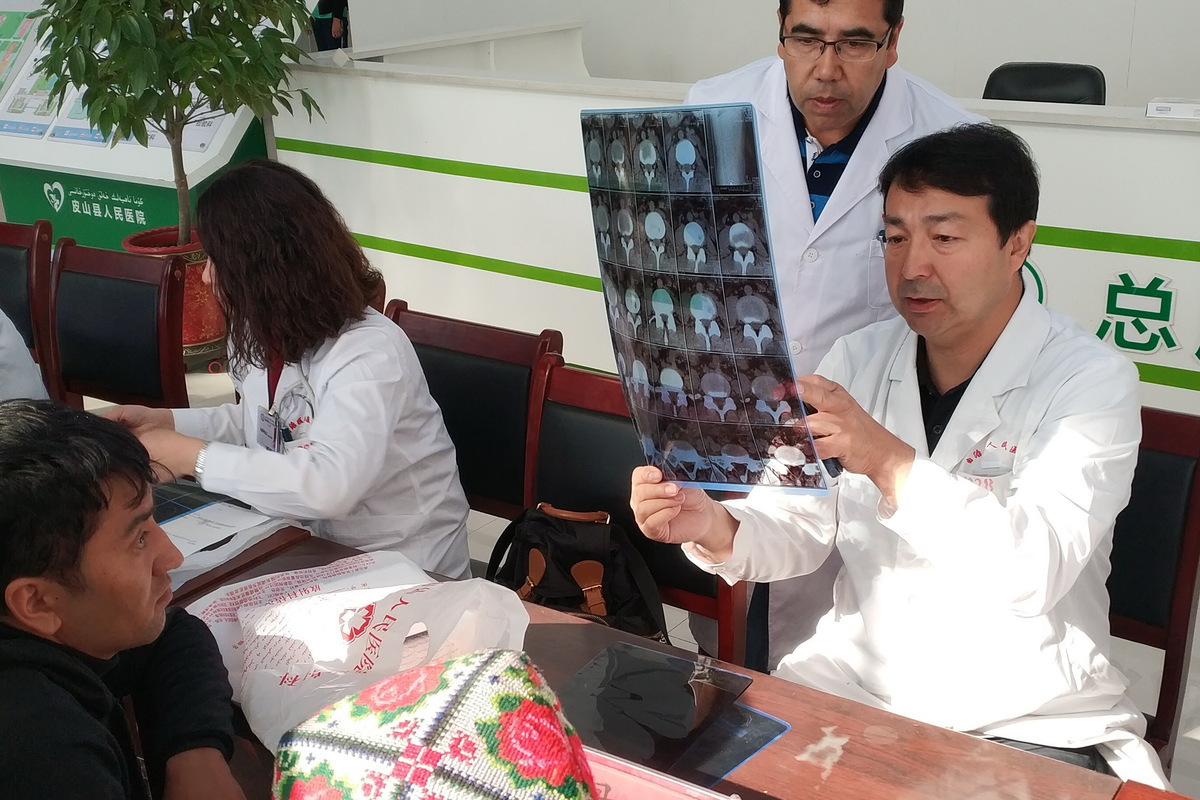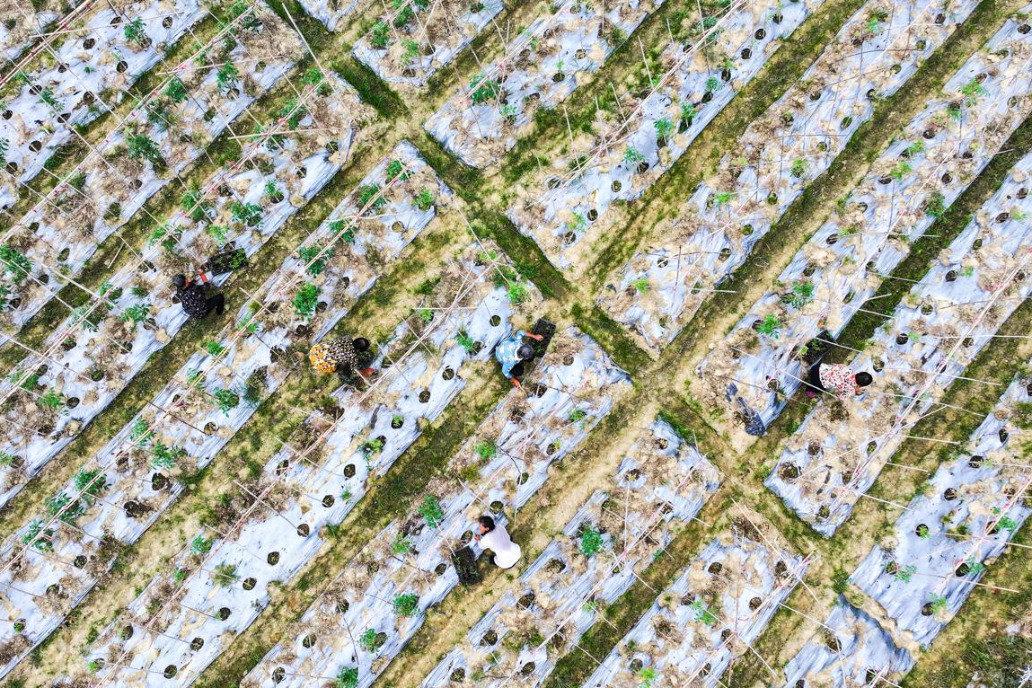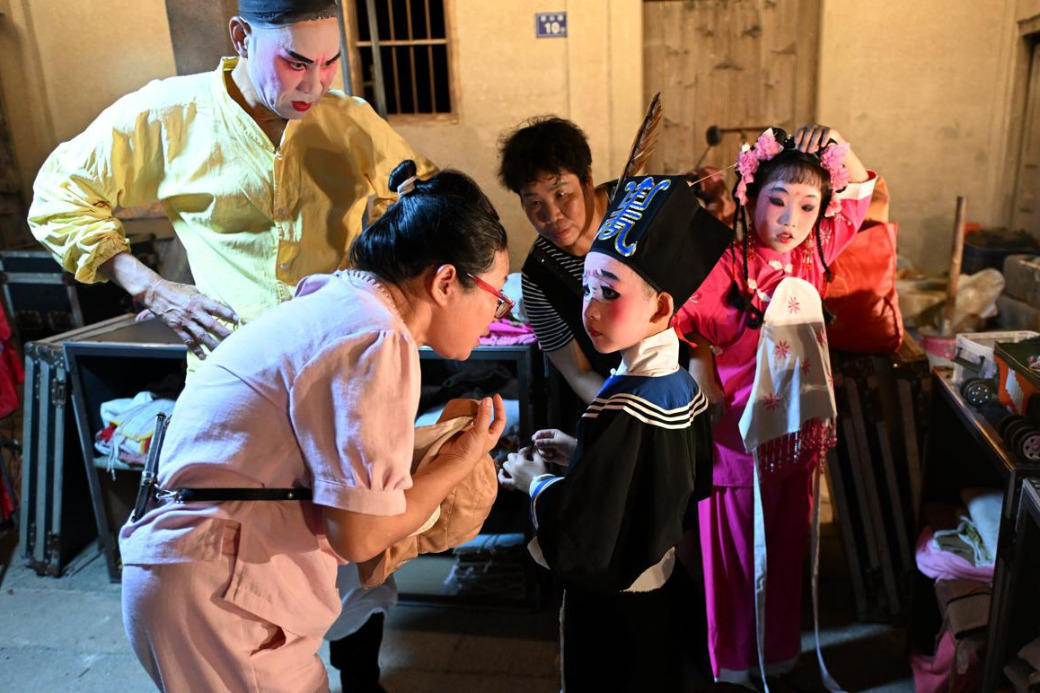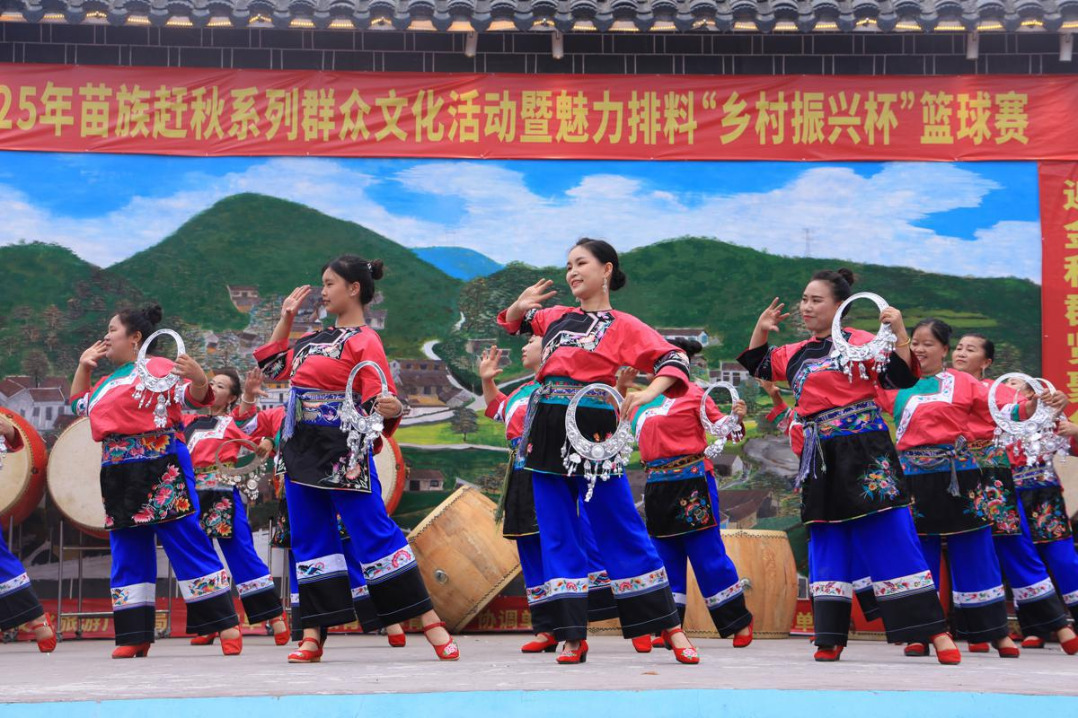Xinjiang promotes health care programs to reduce illness-caused poverty


BEIJING - Northwest China's Xinjiang Uygur autonomous region has seen marked drop in the number of families in poverty due to medical bills, thanks to government health care programs, according to the regional health authority Monday.
There were 40,000 families in poverty due to medical bills in Xinjiang at the beginning of August, which was 22,000 fewer than the previous year, Mutalifu Rouzi, director of the health commission of Xinjiang Uygur Autonomous Region.
The number of serious illnesses covered by the government medical aid program has been increased to 32 types, said Mutalifu Rouzi.
Widespread tuberculosis often leads to illness-caused poverty among residents in the four prefectures in southern Xinjiang -- Hotan, Kashgar, Aksu and Kizilsu Kirgiz.
The regional government implements targeted medical insurance to fight against tuberculosis, which offers 90 to 100 percent reimbursement for patients, and Xinjiang hopes to bring its rate of tuberculosis down to the national average within one or two years.
- Robot skillsets take center stage at Beijing games
- China's northernmost high-speed railway marks its 10th anniversary
- Death toll rises to 10 in Inner Mongolia flash flood
- Nyingchi thrives with booming tourism and trade
- Space station crew gains AI assistant
- Across China: 20 years on, China's 'two mountains' concept proves significant in green development





































